It is an unlikely tale: Orthodox Jew from New York City comes to Bolivia to rescue a rice-growing venture, gets thrown in jail on suspicion of money laundering and, aided by actor Sean Penn, winds up triggering perhaps the biggest scandal yet for the country’s president.
It all began 18 months ago when Jacob Ostreicher was arrested while trying to salvage a multimillion-dollar investment he was managing for Swiss partners. After Penn directly interceded on Ostreicher’s behalf, it could now be reaching its end.
The Oscar-winning actor, who has forged friendships with President Evo Morales and other leftist Latin American leaders, presented Morales on Oct. 30 with evidence indicating the American was unjustly jailed and being fleeced.
A high-powered corruption probe moved quickly, bringing eight arrests so far in what authorities described as a band of shakedown artists, extortionists and thieves led by the No. 1 legal advisor in the Interior Ministry and including two prosecutors.
“I took the evidence to the president and the president was highly responsive,” Penn told The Associated Press by phone on Sunday from Haiti, for which he serves as a goodwill ambassador.
He would not discuss details of his meeting with Morales but praised the “excellent investigation” that ensued.
Ostreicher has a court hearing scheduled for Tuesday before a three-judge appeals panel that he hopes will order him released on the grounds that no credible evidence has been presented against him.
After a surprise Halloween visit from Penn, Ostreicher was immediately transferred from prison to a private medical clinic. A feisty, full-bearded man, the 54-year-old Ostreicher had been badly debilitated by a liquids-only hunger strike.
Less than a month later, the arrests began.
Investigators say the band had been preying for five years on captive targets with plunderable assets: people jailed for crimes such as drug trafficking and unlikely to make a public fuss. The alleged ringleader was Fernando Rivera, who had been managing Bolivia’s most important prosecutions in the Interior Ministry since 2007. Among the eight people arrested was the former chief prosecutor in the eastern province of Santa Cruz, where Ostreicher and his partners grew their rice.
As Rivera was hauled off on Dec. 1 to the same prison where he’d kept Ostreicher confined, he told reporters that “with my head held high and my conscience clear I declare I am innocent.”
Investigators say Rivera frequently attended court hearings for his most important victims, including Ostreicher, to ensure they were not released.
In Ostreicher’s case, the band allegedly sold 18,000 metric tons of rice worth several million dollars seized from Ostreicher’s venture, along with confiscated heavy machinery and cattle. Ostreicher says the group demanded a $50,000 get-out-of-jail payment that he refused to pay, and intimidated a judge into reversing himself after initially ordering Ostreicher freed last year.
In another case, the daughter of a close associate of former right-wing President Hugo Banzer says she paid the band $20,000 to transfer her father from a prison to a medical clinic. The man, Guillermo Fortun, died in August at age 73 of a heart attack. He had had been accused of embezzling public funds. Like Ostreicher, he was never charged.
Bolivia’s news media have wondered how Morales and his ministers could not have known about the ring, and why no senior officials have lost their jobs over it.
“This case is affecting Morales’ credibility,” said analyst Jim Shultz of the Center for Democracy.
But another Bolivia-watcher, Kathryn Ledebur of the Andean Information Network, predicted no other political fallout save “a lot of cursing and screaming at the next Cabinet meeting …”
The Associated Press publicized Ostreicher’s case more than a year ago and asked both Interior Minister Carlos Romero and Foreign Minister David Choquehuanca about it in April. They said they would look into it. The U.S. Embassy and a U.S. congressman, Chris Smith of New Jersey, raised concerns. But Washington has had little clout in Bolivia since its ambassador was expelled in late 2008.
Morales has said he was tipped off to the band via anonymous messages on his cell phone. Romero, meanwhile, told reporters the investigation began three months ago. He discounted suggestions of a decisive role by Penn.
Rivera initially oversaw cases against political opponents of Morales, many of whom fled the country, rendering the opposition weak and fragmented. Later, he moved into major drug-trafficking prosecutions.
He didn’t just shake down people for money, Romero said.
The wife of a former police officer on trial for drug trafficking, Esther Gorena, told the AP Rivera began driving her husband’s late-model Honda after it was seized.
Another alleged victim, the former mayor of the town of Warnes in Santa Cruz state, said he spent three months in prison rather than pay the $50,000 the band demanded after accusing him of links to a drug trafficker.
The ex-mayor, Mario Cronembold, said he complained to the president and Morales told him to “stick it out.”
Morales has called the band’s activities “reprehensible,” but says corruption was worse in Bolivia before he was elected.
Yet the former coca-growers’ union leader has been hounded by plenty of scandals since taking office in January 2006 as Bolivia’s first indigenous president.
In January, the former president of the state-owned hydrocarbons company, YPFB, was sentenced to 12 years in prison for taking bribes. Last year, former Col. Rene Sanabria was sentenced to 14 years by a U.S. judge for trafficking in cocaine while heading Bolivia’s police counterdrug intelligence unit.
Drug-trafficking has long been the leading source of corruption in Bolivia, the world’s No. 3 coca producer and an increasingly popular transit and refining country for Peruvian cocaine.
After several scandals, Morales has sacked ministers only to later reinstate them or put them in different, powerful positions.
In 2009, Morales fired his right-hand man, Juan Ramon Quintana, as minister of the presidency after a top Customs official accused Quintana of business dealings with smugglers. Quintana was never investigated, however, and Morales instead put him in charge of the powerful office that manages Bolivia’s borders.
Two years later, Quintana was back in his old job.
(AP)

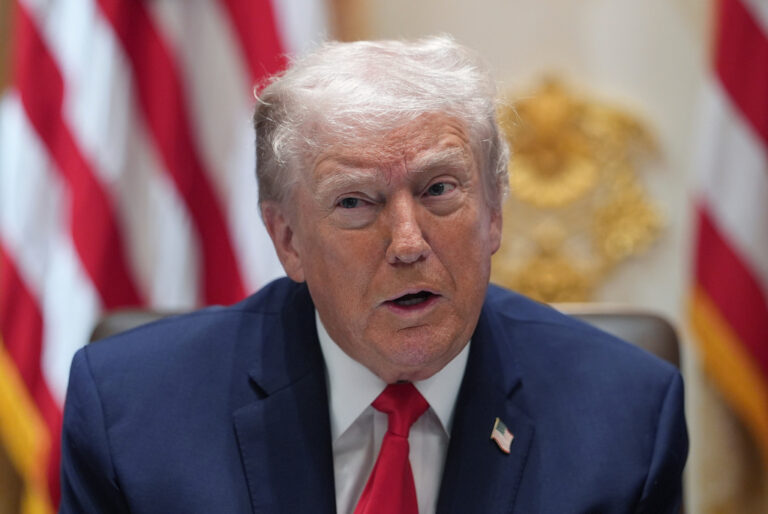
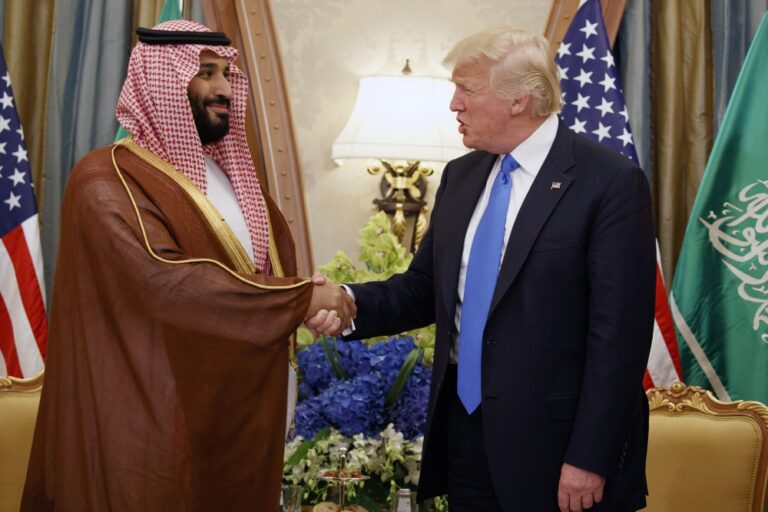

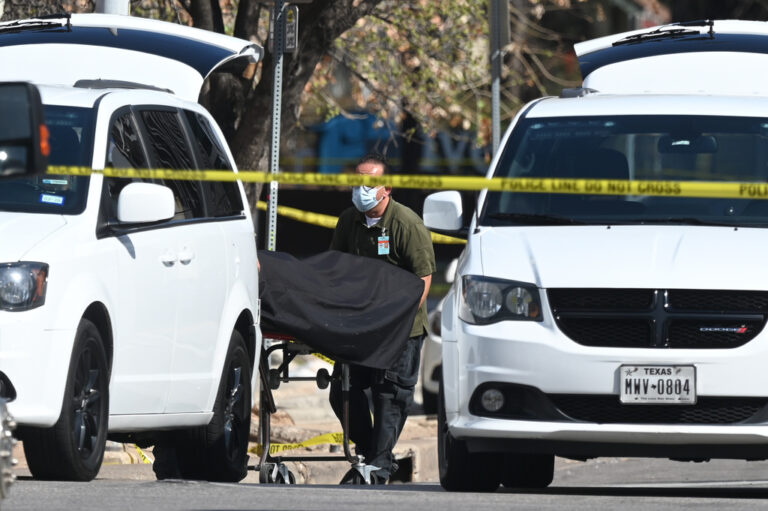


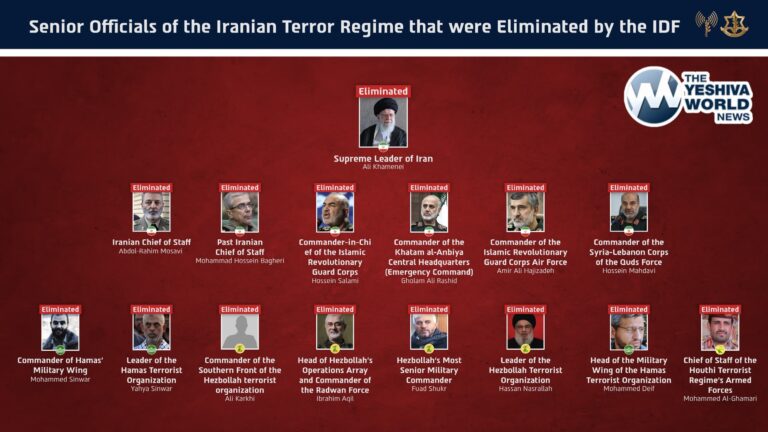

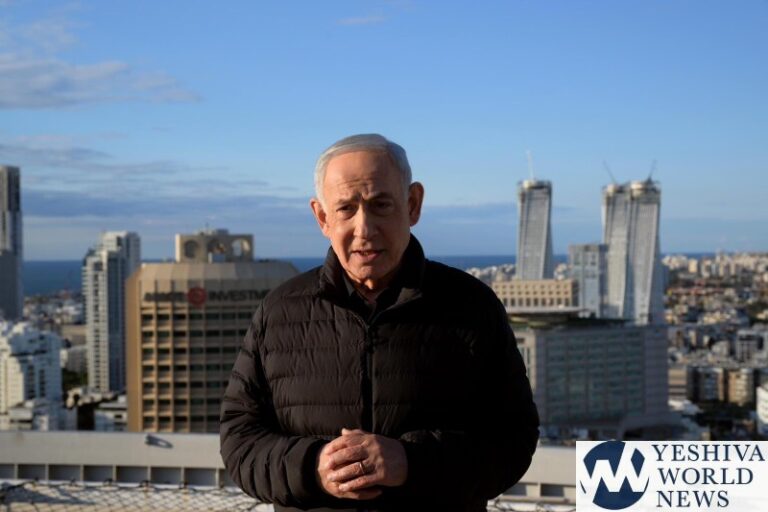

One Response
With Hashem’s help, may Jacob Ostreicher, Yaakov Yehudah ben Shendel, be released from his wrongful imprisonment in Bolivia right away !